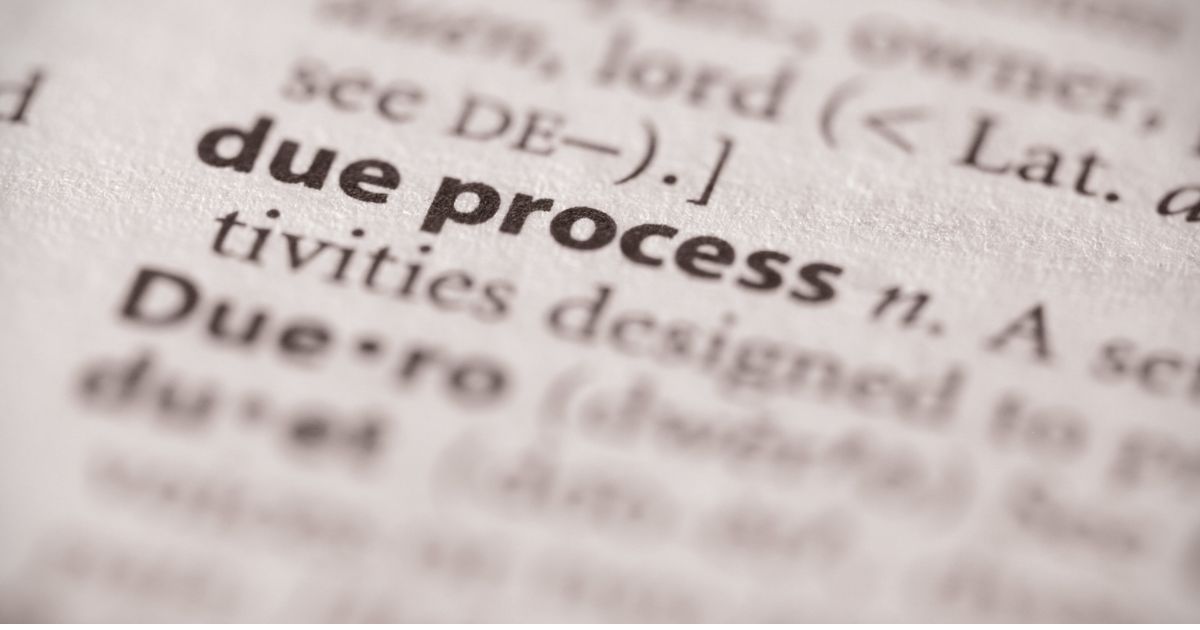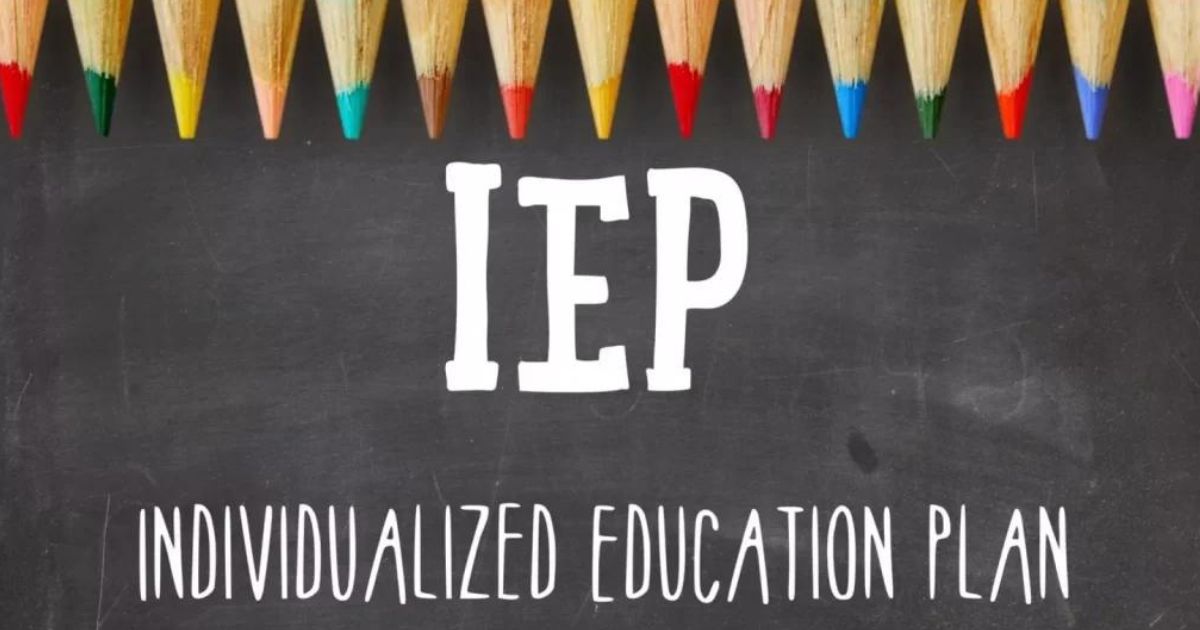How Do I Get my Child an IEP for Dyslexia, Dysgraphia, or Dyscalculia?
If your child has a diagnosis or you suspect your child has a learning disability in reading (dyslexia), writing (dysgraphia), or math (dyscalculia), request your child's school to evaluate your child for special education. Your child’s school will evaluate your child at no expense to determine if your child is eligible for an Individualized Education Plan (IEP).
Don’t wait to get your child evaluated. You don’t have time to wait and see if your child improves. The earlier you recognize the signs and symptoms of dyslexia, dysgraphia, and dyscalculia, the earlier you can request an evaluation. Your child’s school must complete a full individual evaluation, including psychological and educational assessments, within 60 days of identifying a potential disability.
You may disagree with the evaluation. Or, your child’s school may determine that your child doesn’t qualify for an IEP. In that case, you can get an independent educational evaluation on your own or request your child’s school to pay for the independent evaluation. However, if you ask the school to pay for it, it’s essential to ask the school to pay before you have any independent testing done.
What is a Specific Learning Disability?
A specific learning disability is a disorder that makes it hard to understand or use languages, such as difficulty with listening, thinking, speaking, reading, writing, spelling, or calculating math. Dyslexia, dysgraphia, and dyscalculia aren’t listed as learning disabilities in the Individuals with Disabilities Education Act (IDEA). However, they are considered specific learning disabilities under the IDEA.
Will my Child’s IEP Include the Terms Dyslexia, Dysgraphia, or Dyscalculia?
Many schools are reluctant to include the terms dyslexia, dysgraphia, and dyscalculia in IEPs. However, there is nothing in the IDEA that prohibits including the terms dyslexia, dyscalculia, and dysgraphia in IDEA evaluation, eligibility determinations, or IEP documents.
Therefore, you can request to use the terms to describe your child’s particular need for special education services. The Department of Education has encouraged states to make sure they don’t prohibit using these terms. Additionally, state law can’t refuse using these terms in evaluations, eligibility, and IEP documents. However, not all states have dyslexia laws.
Many states have enacted laws and legislation that provide additional rights for your child. To learn if your state has dyslexia laws, you can contact your state’s department of education. You can also explore dyslexia legislation and related initiatives in your state. Finally, you can also contact your state’s Parent Training and Information Center.
What are Common Signs of Dyslexia?
Dyslexia is a learning disability that impacts your child’s reading. You can watch for dyslexia in your child, such as struggling with learning time, reversing the position of letters, delayed speech, and auditory processing delays.
Struggling with reading can make your child feel frustrated and inferior to their peers. It can also lead to behavioral problems in class. For example, your child may act out in class, get other students to do their work, or pretend not to care about their grades.
What are Common Signs of Dysgraphia?
Dysgraphia is a learning disability that impacts your child’s writing. You can watch for dysgraphia in your child, such as messy to illegible handwriting, taking an excessively long time to write sentences and words, improper writing utensil grasp, unclear written expressions, or poor grammar. Children with dysgraphia may also struggle to form letters or write clearly.
Children with dysgraphia may fall behind in schoolwork and may resist writing assignments. Their fine motor skills may also be weak, making it difficult to button shirts or make a list. Struggling with writing can make your child feel frustrated and anxious. It can also lead to social withdrawal, as well as poor self-esteem.
What are Common Signs of Dyscalculia?
Dyscalculia is a learning disability that impacts your child’s ability to understand math concepts, make sense of numbers, and memorize formulas. You can watch for dyscalculia in your child, such as difficulty with counting, identifying plus and minus signs, understanding math symbols, and applying basic math concepts.
Dyscalculia manifests itself in a variety of ways. For example, children with dyscalculia may struggle with remembering basic math facts and learning to solve complex problems.
As your child grows older, the symptoms of dyscalculia may become more apparent. As your child ages, signs to watch for include difficulty with measuring time, word problems, grouping, counting numbers and grasping the order of operations.
How do I Request My Child to be Evaluated?
Use the sample letter below to request your child’s school to evaluate your child for special education services. Include examples showing problems your child is experiencing even if your child has good grades. For example, include standardized testing results, classroom tests, private evaluations, teacher reports, and anything else that shows your child’s struggles with working or reading aloud.
What Accommodations Can Help My Child?
Once your child is eligible for an IEP, you will work with your child’s school IEP team to determine accommodations for your child’s unique needs. You can research examples of specific accommodations using Tech Matrix before your child’s IEP meeting. You can choose the subject area your child is struggling with, their grade level, and specific learning disability under the IDEA disability category.
Accommodations can range from computer assistive technology to allowing your child to read aloud for tests. Examples of accommodations that may be helpful for dyslexia, dysgraphia, and dyscalculia include but aren’t limited to the following:
- Assistive Technology
- Allowing your child to read assignments or tests aloud
- Dictation to scribe or speech to text
- Occupational therapy for dysgraphia to improve handwriting skills
- Using oversized pencils with special grips or other writing instruments for dysgraphia
- Using audiobooks
- Text-to-speech software and programs
- Allowing a reader for tests
- Audiobooks or ebooks
- Bookshare
- Learning ally
- Rewordify
- Word prediction software (writing)
- Allowing spellcheck
- Allowing a designated note taker
- Talking Dictionary
- Oral testing or prompting
- Writing options including print, cursive, or word processing
- Grading assignments for content without penalizing for spelling errors
- Audio recorder for orally presented information
- Avoid having child read or spell aloud
- Using spelling words that assess specific features (syllable types)
- Provide copies of teachers’ or peers’ notes
- Use of graphic organizers
- Pre-teach new, essential vocabulary words when introducing content
- Using a tape recorder
- Blocking out external stimuli and noises
- Providing additional practice activities
- Allowing extra time for testing involving reading and writingDeveloping reading guides
Sample Letter
Your Name
Street Address
City, State, Zip Code
Name of Principal or Special Education Director
Name of School
Street Address
City, State, Zip Code
To: Special Education Director/Principal/School District
I request that my child be evaluated for special education services. My child attends (name of school) and is currently in the (grade level). I am concerned that my child is not doing well in school and believe that my child may need special services to learn. I request my child be tested for a specific learning disability. I think my child has a disability-related problem with reading, writing, or math.
I understand that the evaluation is in all areas of my child’s suspected disability and that the school district will provide this evaluation at no charge. My reasons for requesting this evaluation are as follows: (list examples why you are requesting the evaluation and be as specific as possible). My child is struggling in the following areas (give detailed examples of areas your child is struggling).
Sincerely,
Sign your name






